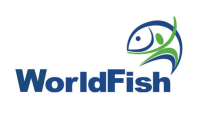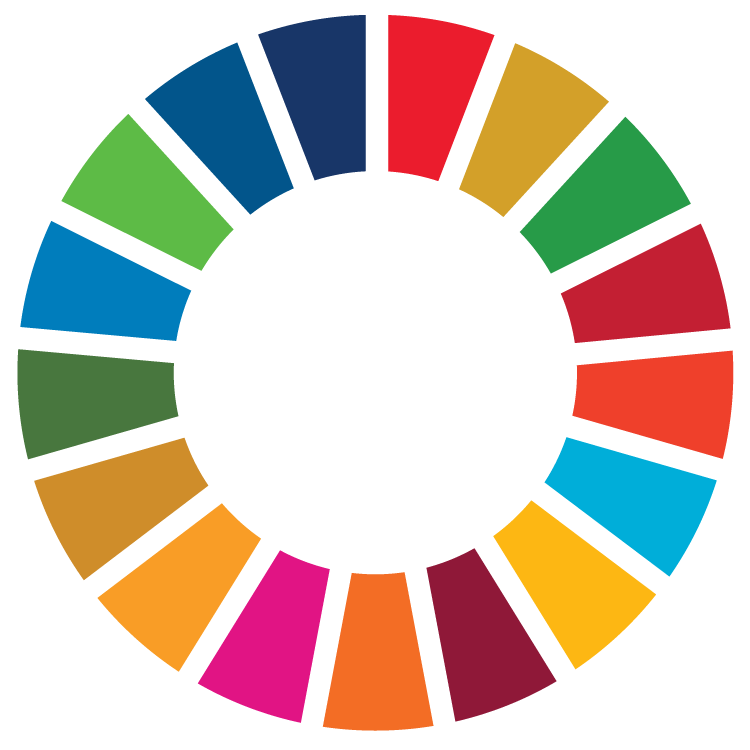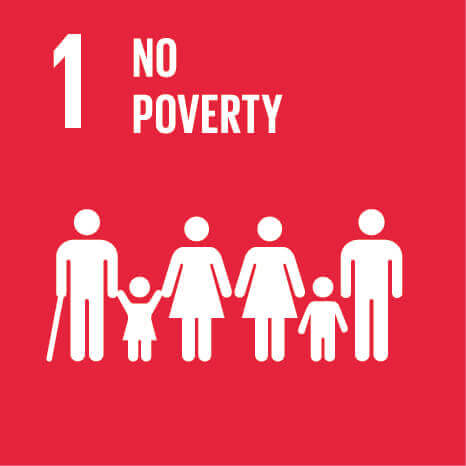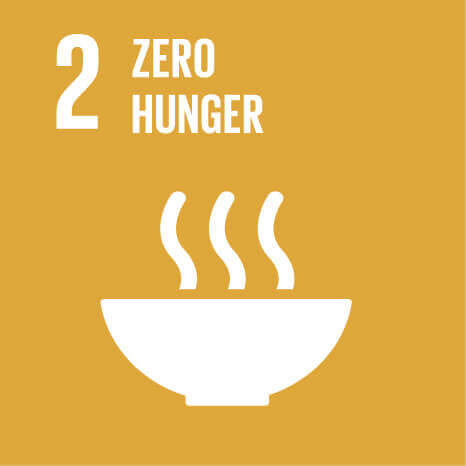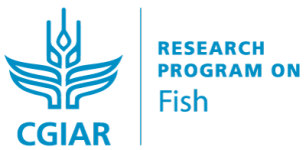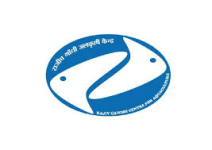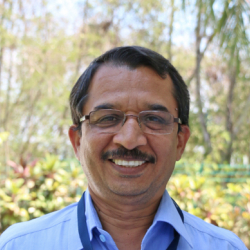The Genetically Improved Farmed Tilapia (GIFT) gains further government support opening the path to a favorable environment of scaling for impact for tilapia farmers in India
Published on: April 22, 2022, Submitted by Lauren Burcham on: April 15, 2022, Reporting year: 2021
The collaboration of WorldFish with Rajiv Gandhi Center for Aquaculture (RGCA) Government of India in disseminating GIFT (Genetically Improved Farmed Tilapia) has gained further momentum. New favorable policies and a national strategy for dissemination at scale have been approved forecasting 2.4 million metric ton of tilapia by 2030 in the country . The initiative has also been recognized by the Confederation of Indian Industries (CII) which has identified GIFT as one of the key species for impact with export potential.
GIFT tilapia farmer
The FISH Research program is supporting the Government of India to disseminate the genetically improved farm tilapia (GIFT) in the country. The activities have focused on ensuring the delivery of continued genetic improvements for growth rate under local Indian conditions to provide Indian tilapia farmers with an increased access to superior quality tilapia fingerlings and brood stock. Genetically improved farmed tilapia (GIFT) has been developed through selective breeding and is suitable for both small-scale and commercial aquaculture. Target beneficiaries of this project are aquaculture producers, as increased availability and access to GIFT seed is expected to increase aquaculture productivity and profitability.
Responding to the policy change and potential demand for tilapia production and consumption in India, Rajiv Gandhi Center for Aquaculture (RGCA) coming under Marine Products Export Development Authority (MPEDA) of Commerce Ministry, Government of India and WorldFish have successfully established GIFT Satellite Breeding Program in India. Dissemination of GIFT starts at the MPEDA-RGCA GIFT satellite breeding nucleus. Based on breeding data, the mating list and design for the production of the G8 GIFT family was provided to the nucleus in February 2021.With stakeholder feedback and justification, the national government has provided new policies in 2021 for responsible tilapia farming, including decreasing the permitted size for tilapia culture to 0.005 acres, allowing smaller grow-out tanks to be stocked.
The program is supplying quality TiLV-free mono-sex GIFT fry (regularly screened and certified by RGCA’s National Accreditation Board For Testing & Calibration Lab (NABL) to fish farmers holding tilapia farming permits from the respective state fisheries departments. Since 2016, a total of 30.8 million mono-sex fry have been disseminated to over 6,000 farmers in 18 states of India, who then sold the fish in local market. The number of farmers has grown additionally in the last year with 10 million mono-sex GIFT produced and disseminated to 1,678 licensed farmers.
With the Dissemination and scaling strategy for genetically improved farmed tilapia in India, 2020-2030, a pyramid dissemination model has been developed, which allows for a pedigree-based breeding program that distributes broodstock to public and private sector multiplication centers in India. From initiation, the MPEDA-RGCA has also distributed over 22,248 mixed-sex broodstock to multiplication centers. A forecast analysis anticipates 22 million metric tons of total fish and 1 million metric tons of tilapia to produced by 2024-2025.
The collaboration with RGCA, Ministry of Fisheries, Animal Husbandry and Dairying,private sector and other stakeholders aimed at influencing the following major shifts in practice, policy and investment;
- National regulation permitting polyculture of tilapia with carps (practice change)
- National regulation permitting small holders (less than 1 acre) to farm tilapia (policy change)
- More state government approved private sector hatcheries accessing GIFT germplasm on a sustainable basis from RGCA to produce mono-sex seed for grow out farmers (private sector investment)
In 2021, significant advancements were in the policy environment. New policies approved allowing a greater uptake of responsible tilapia farming in India. States Departments of Fisheries are authorised to provide directly the required Government approvals for establishment of tilapia hatcheries. In addition, the permitted size of land for tilapia culture was relaxed from 1 acre to 0.05 acre, allowing stocking of smaller grow-out tanks. In addition, WorldFish developed a strategy for GIFT dissemination and scaling considering it imperative to ensuring that the positive changes in policy and the increased efforts and investments in the tilapia industry succeed to scale impacts of GIFT adoption. Therefore, India’s GIFT strategy aims at ensuring increased productivity, incomes, food and nutrition security, and reduced poverty through effective dissemination and scaling of GIFT within a sustainable business model. Fundamental to the strategy, is to encourage private sector investment and to strengthen public-private partnerships.
Stage of Maturity and Sphere of influence
-
Stage of Maturity: Stage 1
-
Contributions in sphere of influence:
3.1.3 - Increased genetic diversity of agricultural and associated landscapes
Acknowledgement
This work was undertaken as part of the CGIAR Research Program on Fish Agri-Food Systems (FISH) led by WorldFish. The program is supported by contributors to the CGIAR Trust Fund. Funding support for this work was provided by Rajiv Gandhi Center for Aquaculture (RGCA) coming under Marine Products Export Development Authority (MPEDA) of Commerce Ministry, Government of India under the Establishment of a Satellite Nucleus of the GIFT Strain at Rajiv Gandhi Center for Aquaculture (RGCA) project.
For further details on the project, contact the project Leader Vishnumurthy Mohan Chadag V.Chadag@cgiar.org
Projects
-
Establishment of a Satellite Nucleus of the GIFT Strain at Rajiv Gandhi Center for Aquaculture (RGCA), India: Phase II
